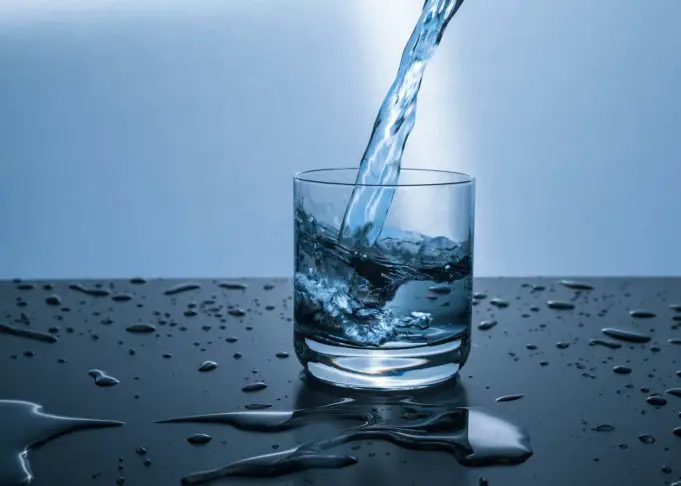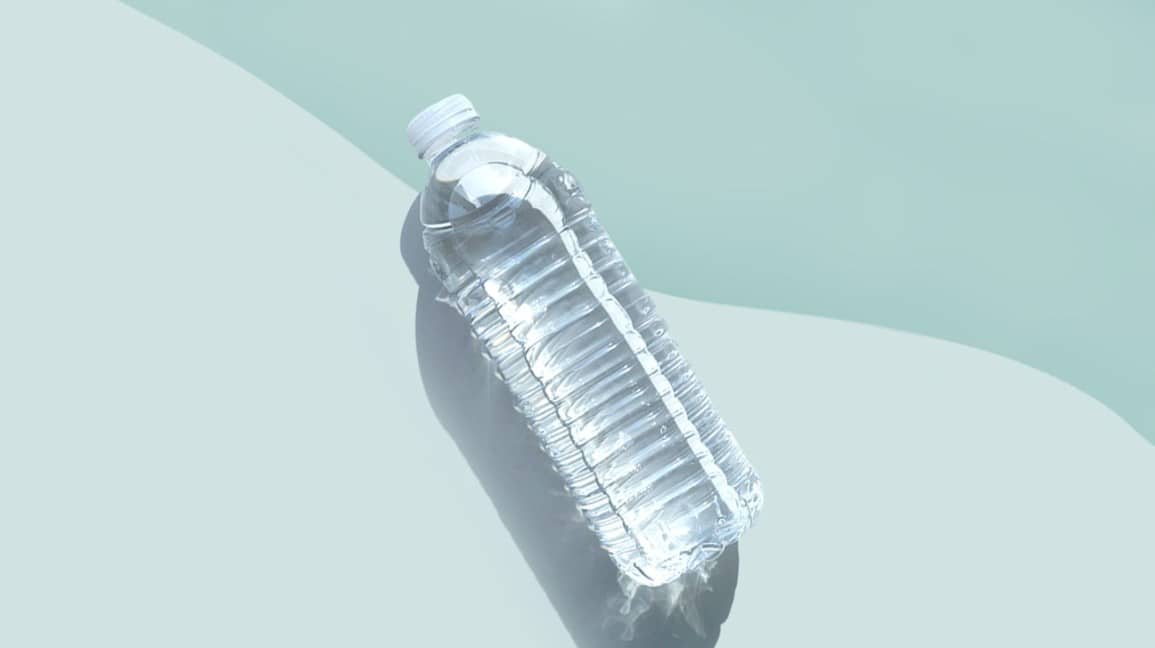The human body contains a lot of water. In fact, we’re made up of 50—to 75% water. Water is crucial to body function and is the number one thing we require to survive.
It’s the primary building blocks of cells, it lubricates joints, it acts as an insulator, it helps you metabolize carbohydrates and proteins…really, there isn’t much water that doesn’t contribute to the overall health and wellness of the human body.
Unfortunately, surveys have shown that almost 80% of working Americans don’t get enough water in a day. Instead, they choose to quench their thirst with other beverages like coffee, soda, or sugary drinks.
While these drinks do contain water, the benefit of that is offset by the unnecessary ingredients that can cause bodily harm, like excessive sugar or caffeine.
How to drink more water?
Drinking more water will help you feel better and help your body function better, but it can be tricky to incorporate it into your day-to-day life if you’re used to having a coffee, energy drink, or soda at your elbow.
To encourage yourself to drink more water, your first step is to always have it available. Buy yourself a couple of nice water bottles that you enjoy drinking out of and keep them filled at all times. Having water handy will help build the habit of sipping on it throughout the day.
If you’re still detoxing from sugary drinks, you may find the taste of water a bit flat. If that’s the case, you can add flavor enhancers or fruit to add a bit of healthy flavor to it.
What is distilled water?
While drinking more water is the ultimate goal, what type of water you’re drinking is also important. There are loads of different types of water available.
From tap to bottled, to carbonated and mineral, to distilled, the water options available to us can be, frankly, overwhelming. While we could get into the minutiae of different benefits of each type of water, for the purposes of this article, we’re going to focus on distilled water.
Distilled water is water that has been boiled into vapor and then condensed back into liquid in a separate container.
Any impurities in the water that don’t boil will stay in the original container, which makes distilled water a form of purified water. Distillation of water is gaining popularity in places that suffer from severe drought or do not have a lot of natural water sources.
Up until the 1940s, distilling water was an extremely costly process that needed almost a gallon of fuel to produce a gallon of distilled water.
However, the invention of the compression still before World War II changed this and compression stills were widely available on Allied ships. Since then, flash-type evaporators and solar stills have made the distillation of water more accessible, and affordable.
What are the health benefits of drinking distilled water?
While distilled water has many practical purposes—like giving people access to water during drought and offering a way for hikers and those lost in the woods to produce fresh water to drink—it also has some surprising health benefits.
It removes impurities
Unclean water can transport all kinds of diseases, heavy metals, and chemicals that you don’t want to ingest.
By distilling water or drinking distilled water, you remove those impurities and make your water safe and healthier to drink. This is why boil water advisories are always put in place in locations where damage to a water main or water source has been suspected.
It purifies water naturally
Purifying water through distillation is the most natural way you can purify water. It is done without the use of chemicals and is the closest we come to purifying water the same way that the hydrological cycle purifies water (the cycle that distributes and reuses water across the globe).
It removes chemicals that could be dangerous by some
Most tap water contains fluoride and chlorine that are added to strengthen teeth and further clean the water.
However, just because most people can handle these chemicals doesn’t mean everyone can. If you are sensitive to certain chemicals or cannot risk ingesting them, distilled water offers you a way to consume water without risk.
You don’t need the minerals in the water
There is some concern that drinking distilled water will make people mineral-deficient. While distilling water does remove minerals from the water, the vast majority of the minerals you need can be obtained from a healthy diet. Meat gives you calcium and iron, fruit, vegetables , and grains give you vitamins and folic acid, etc.
It’s healthier for your kidneys
If you’re ever known someone who had kidney stones, you’ll know the unbelievable pain this issue can cause.
Kidney stones are made up of mineral-like buildups in the body and are much more common in areas where the groundwaters high in inorganic materials.
Because this is removed from distilled water, it makes it safer for those suffering from—or prone to—kidney stones.
Improves digestion
Inorganic material can hinder the body’s natural digestion processes. While this doesn’t affect most people, those with compromised or sensitive digestion systems may find that it causes them issues. Because of the purity of distilled water, these issues are removed.
Helps detoxify
Staying properly hydrated helps naturally detoxify your system. Without any chemicals or inorganic compounds to hinder your body’s natural detoxification processes, distilled water can help you feel healthier and more energetic faster than just drinking tap water.
Improve the look of hair and skin
Washing your hair and face in distilled water can help your shampoo and washes suds up better and keep your skin at a better PH balance.
This will help clean your skin more thoroughly without stripping the skin of important oils. Don’t worry, you don’t have to rinse with bottled water! Systems like those from theberkey.com let you distill your own water by the gallon.
Minimize chronic health issues
If you’ve been struggling with health issues like an upset stomach, skin irritations, and a variety of other minor complaints that don’t seem to connect to one culprit, the issue may be pollutants in your water. Removing this as a trigger can be a good way to figure out if something larger is afoot.















I think there may be some misunderstanding here because the berkey is not a distiller, it’s a water purifier. Matter of fact, we do a comparison of Berkey vs Distillation to highlight the differences between the 2:
https://www.bigberkeywaterfilters.com/blog/berkey-water-filters/berkey-water-filters-vs-reverse-osmosis
Let us know if you have any questions regarding this.